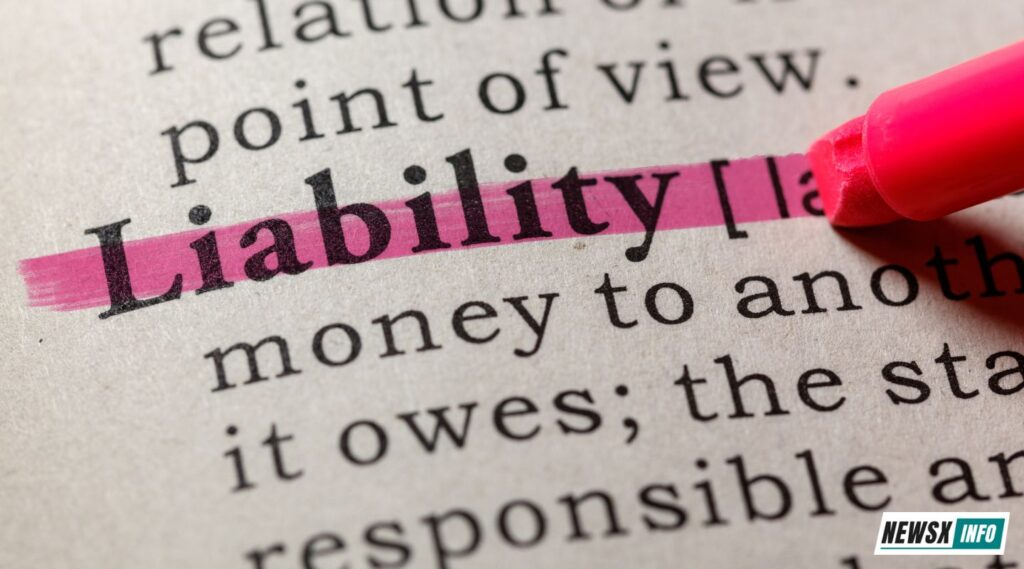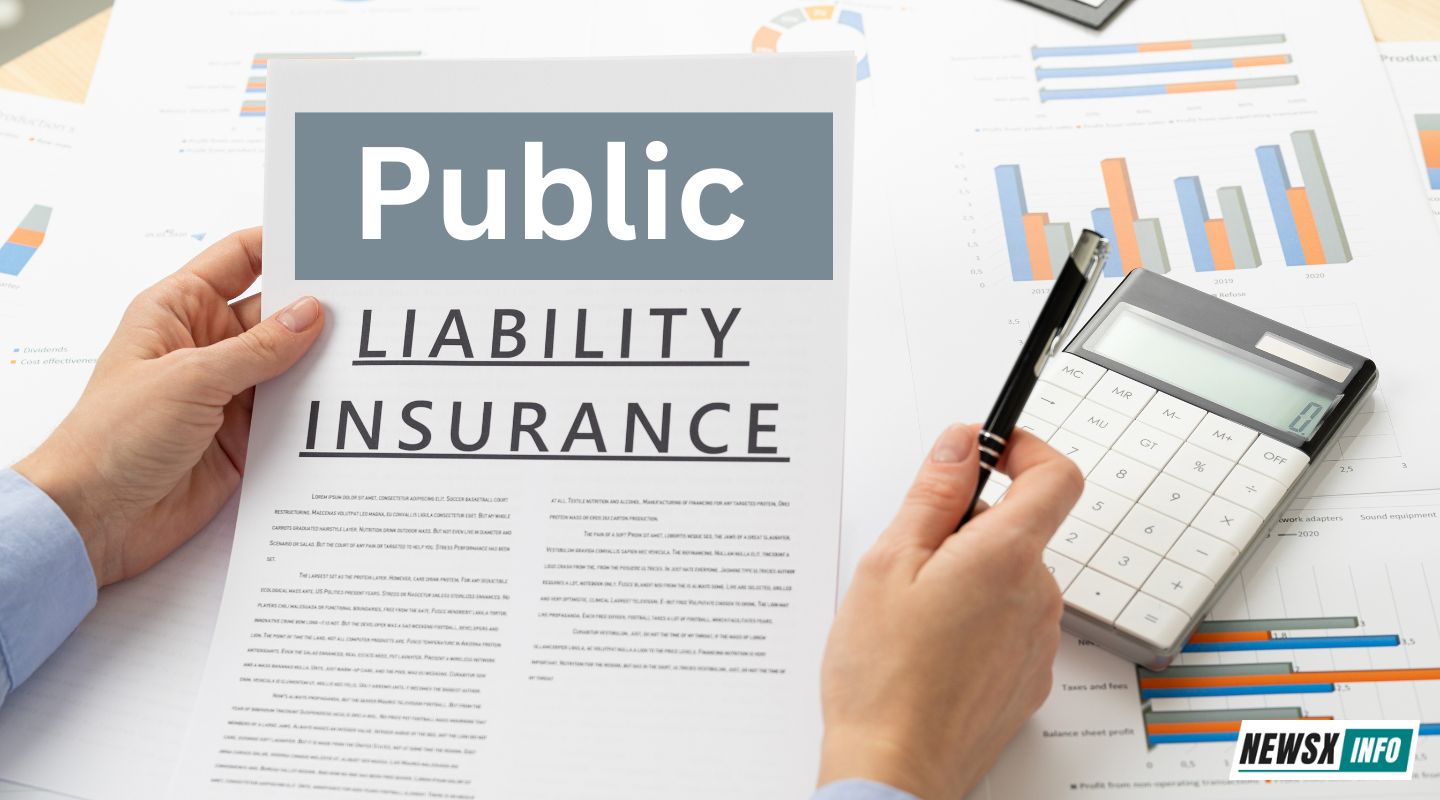Public liability insurance (PLI) is a must for both businesses and individuals equally in terms of risk control. It provides a counterargument against third-party claims for damage or loss originating from insured company activities. For businesses that interact with the public, this type of insurance is crucial since it guards against significant financial losses. This essay will explore the subtleties of public liability insurance coupled with its benefits, coverage, and the importance of maintaining sufficient protection.
Public Liability Insurance: Description
Public liability insurance is supposed to address the financial and legal liabilities resulting from claims brought by third parties. It usually covers bodily injury, property damage, or personal injury resulting from covered business operations; these claims cover legal fees, compensation payments, and related charges; the policy provides operators and business owners with peace of mind.
Why would one want public liability insurance?
Protection Against Legal Claims: Stopping Legal Action: Unexpected events can hit companies, and customers, clients, or even bystanders might sue. PLI reduces the financial strain these claims carry.
Reputation Management: Fast and professional processing of claims would allow a business to maintain its reputation. PLI promises that conflicts are resolved so as to maintain the company’s reputation un compromised.
Business Contracts and Compliance: Compliance and Business Contracts: Many clients and contractors urge businesses to have PLI prior to signing agreements. It indicates a commitment to general safety and responsibility.
Financial Security: Legal claim costs might be somewhat costly, hence financial security is important. PLI provides economic stability, which helps businesses to stay functioning free from heavy financial load.

Coverage of Public Liability Insurance
Public liability insurance is somewhat broad of occurrences including:
- Bodily Injury: Should a third person be harmed on the property or by business operations, PLI covers medical bills, compensation, and legal fees.
- Property Damage: PLI covers inadvertent damage to third-party property originating from insured business operations.
- Legal Costs: Should a claim develop, PLI covers legal defense, including attorney expenses and court costs.
While professional indemnity insurance pays damages resulting from professional services, PLI does not cover employee injuries—usually covered by workers’ compensation insurance.
choosing suitable coverage
The degree of coverage required depends on several factors, including type of business, degree of public contact, and possible risks. Companies should review their procedures and consult insurance professionals to get appropriate coverage. Items to consider include:
- Industry Risks: Different companies run varying degrees of risk. For instance, building companies might wish more coverage restrictions than do consulting firms.
- Location and Foot Traffic: Businesses routinely visited by the public or those in high traffic areas could be more likely to come under claim notice.
- Contractual Obligations: Go over any contracts or agreements with partners or clients stating minimum insurance requirements.
Exclusions and Restrainments
Though PLI provides thorough coverage, it is crucial to know about its restrictions and exclusions. Typical exceptions consist of:
- Deliberate Acts: Claims originating from deliberate damage or harm are not covered.
- Professional Errors: Usually left out of PLI, faults or neglect in professional services need for separate coverage.
- Employee Injuries: Workers’ compensation insurance covers employee injuries; PLI does not.

Claims Processing Methodology
Should an incident lead to a claim, one must act carefully:
- Immediate Response: Address any damages or injuries immediately to ensure the general safety of all the involved parties.
- Documentation: Get documentation—including incident reports, pictures, and witness accounts—to support the claim.
- Tell the insurer: Tell the insurance company about the incidence straight away. Send the necessary documentation and fully support the claims process.
- Legal Guidance: See legal advice if required—particularly in complex cases or where culpability is disputed.
- Settlement and Resolution: Work with the insurer to settle the claim such that everyone agrees to the terms of compensation and settlement.
Choosing the right carrier
Good coverage relies on selecting a reputable insurance company. Consider the following as you choose a provider:
- Reputation: Investigate the standing, consumer impressions, and financial soundness of the insurer.
- Claims Handling: Examine the degree of efficiency and claims handling system of the insurance.
- Customer Service: Choose an insurer well-known for outstanding customer service and accessibility.
- Policy Flexibility: Search for plans that allow you to meet the demands and risk profile of your specific business.
At last, public liability insurance protects businesses against financial consequences from outside claims. Knowing they are covered against unexpected events will enable businesses to run with confidence, decide on the appropriate level of insurance, and select a reputable insurer. Maintaining enough public liability insurance not only fulfills legal and contractual obligations but also enables a firm to stay stable long-term and to build reputation. In the litigious environment of today, prudent risk control depends on PLI not only as a requirement but also as a must.

